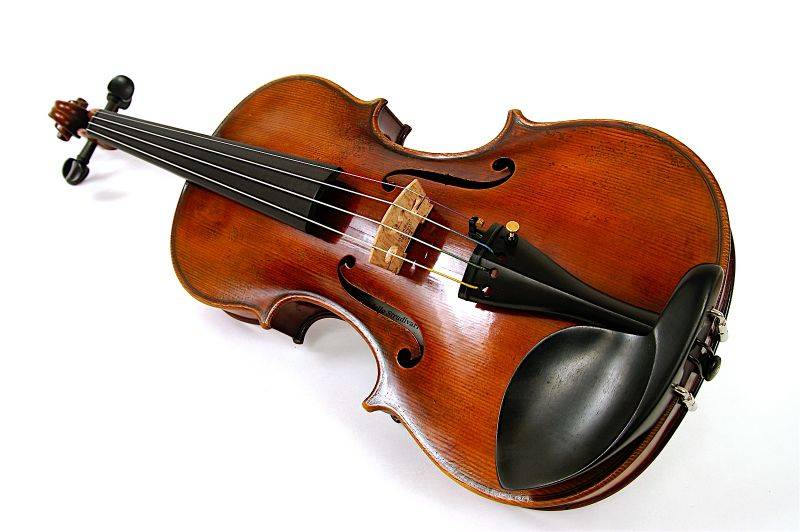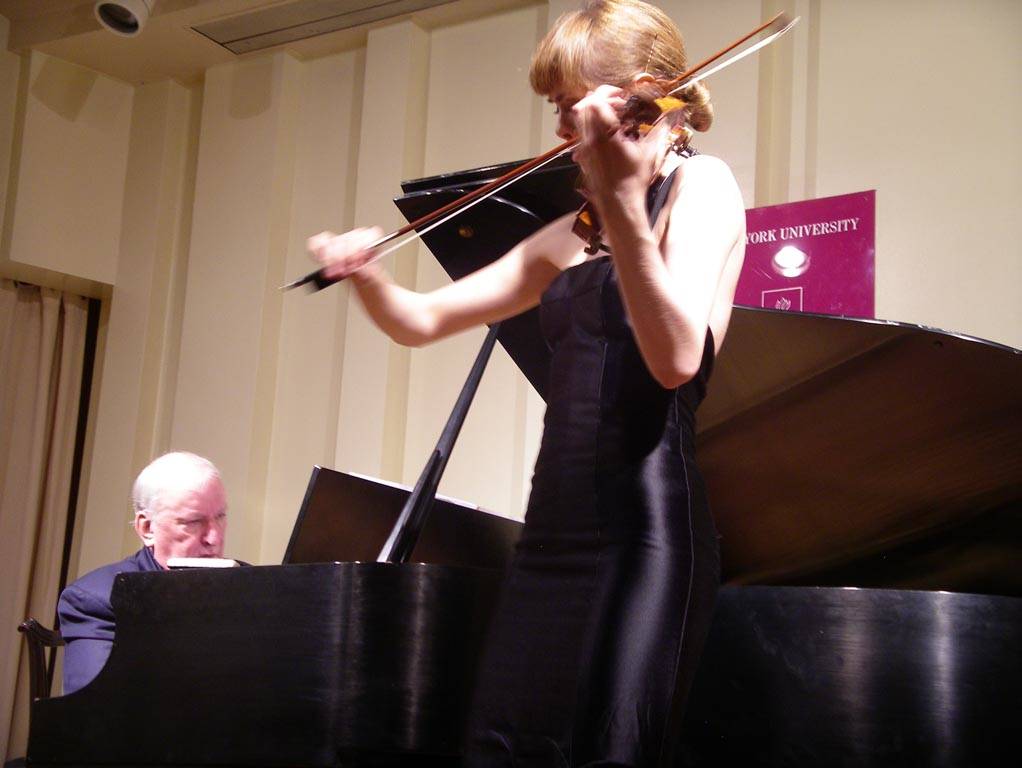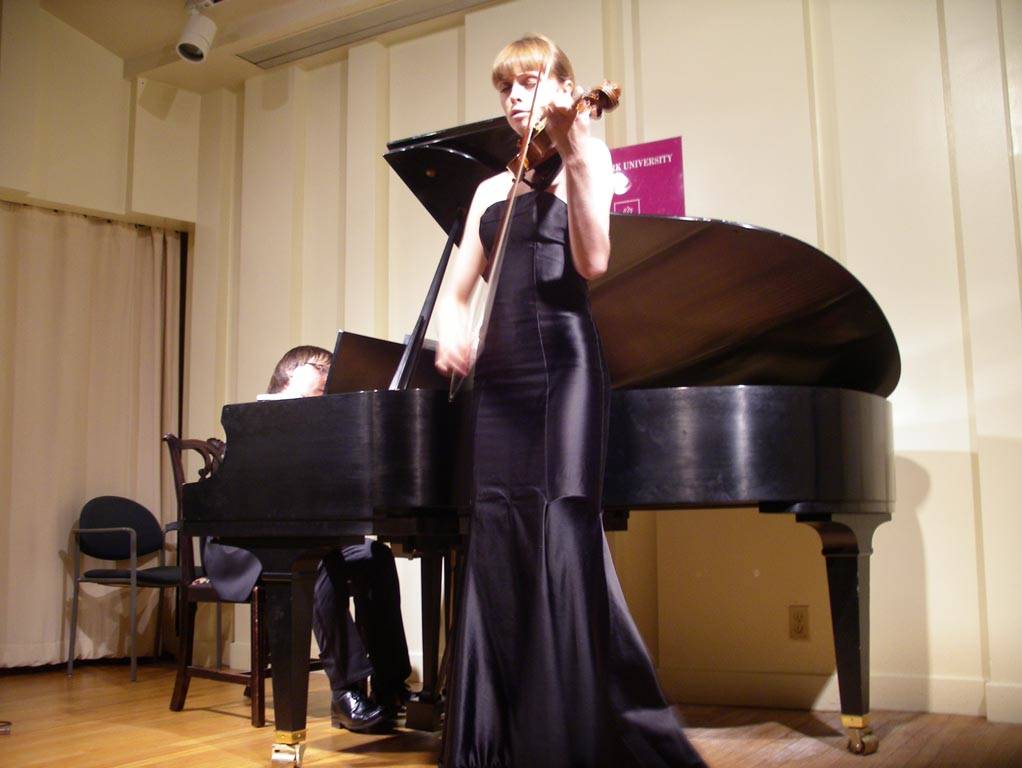In Search of the Messiah. The Story of a Violinist and her Stradivari
Once upon a time there was a craftsman who was working in creating an instrument able to produce the most beautiful music in the world. This Master’s name was Antonio Stradivari and he created his gift in Cremona.
Over the years, Stradivari and another Master named Guarnieri, created the best violins, violas, cellos ever existed. They were to be used my master musicians, by those who enchanted audiences in theaters and courts. Basically, these instruments were born to be played by expert hands.
Many centuries later, in the year 2009, the situation is quite different. Most of these instruments are stored in banks, in collectors’ archives, in places where they can only be admired, if so.
Even the most famous violinists cannot easily touch a Stradivari or the Cannone Guarnerius, the violin played by Paganini, now kept by the Paganini Foundation in Genoa. Screened at Casa Italiana Zerilli-Marimò at NYU, the documentary “In Search of the Messiah” showed us that searching a prestigious perfect violin (or cello or viola) is not easy even for the most acclaimed artists.
Directed by British director Tim Meara and produced by the Italian Luisa Pretolani, the documentary follows Classical BRIT Award winning violinist Ruth Palmer as she travels the world in search of a violin to play. One would think that such an artist would have quite a number of offers to play the most prestigious violins, and yet it’s exactly the contrary. These instruments are so precious, so valued, that only the most acclaimed and popular musicians could afford to own one… maybe. Most of these treasures are bought by very rich collectors, banks, foundations that determine the destiny of the instrument. They are the ones that decide who can play the instrument, they are the Gods who put the instruments in a safe or in a reliquary or in the hands of such and such artist.
In the documentary, we see one violinist who is lucky enough to be chosen by a collector to play forever one of his many violins. The precious instrument, in this case, is not taken in consideration for its quality, but for the money and power it represents.
In the name of these latter, a collector can have the control over musicians, that play for him at his own choice. And that's very sad.
It’s sad to know that these instruments, created for musicians and not for collectors, ended up being a symbol of power.
The director Tim Meara is very passionate about this topic. He looks like a very quiet British young gentleman, but when he talks about the many political compromises musicians have to make in order to play a Stradivari or a Guarnieri, his eyes shine with fire. “The collectors, the people with a lot of money, decide who plays such and such instrument.”
Needless to say, he’s right in being outraged! Even if he explains us that the documenary showes only his point of view, we cannot disagree at all.
At Casa Italiana Zerilli-Marimò Ruth Palmer, the protagonist of the documentary, delighted the audience with a concert in which Brahms, Ravel and others returned to life thanks to her enormous talent and the beautiful music of the ‘Yfrah Neaman’ Stradivari that she had the chance to play for six whole month. She also performed Gwilym Simcock's arrangement of "My Funny Valentine" with the famous British artist and composer Sir Richard Rodney Bennett.
However, at the end of the day, or better of the six months, if they won't give her the opportunity to continue playing with that precious violin, she might have to start to travel again and again and again in Search of the Messiah.





































i-Italy
Facebook
Google+
This work may not be reproduced, in whole or in part, without prior written permission.
Questo lavoro non può essere riprodotto, in tutto o in parte, senza permesso scritto.